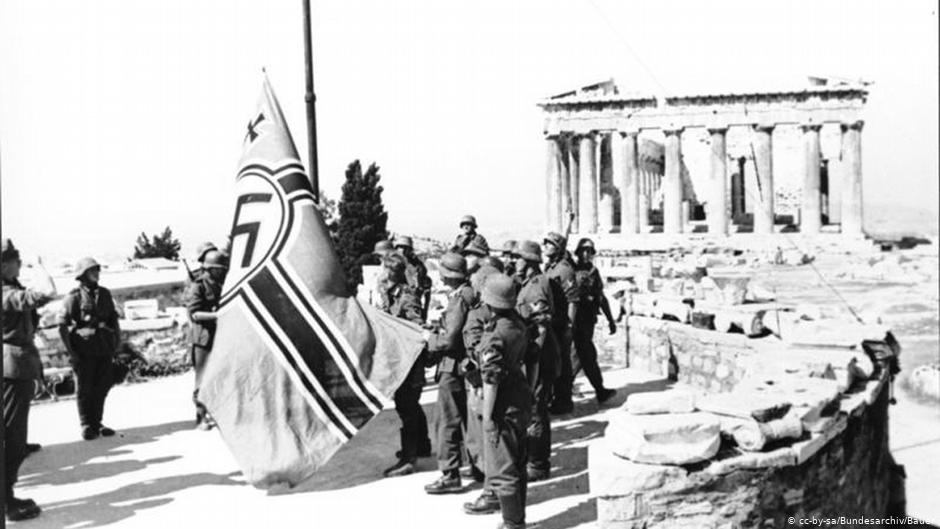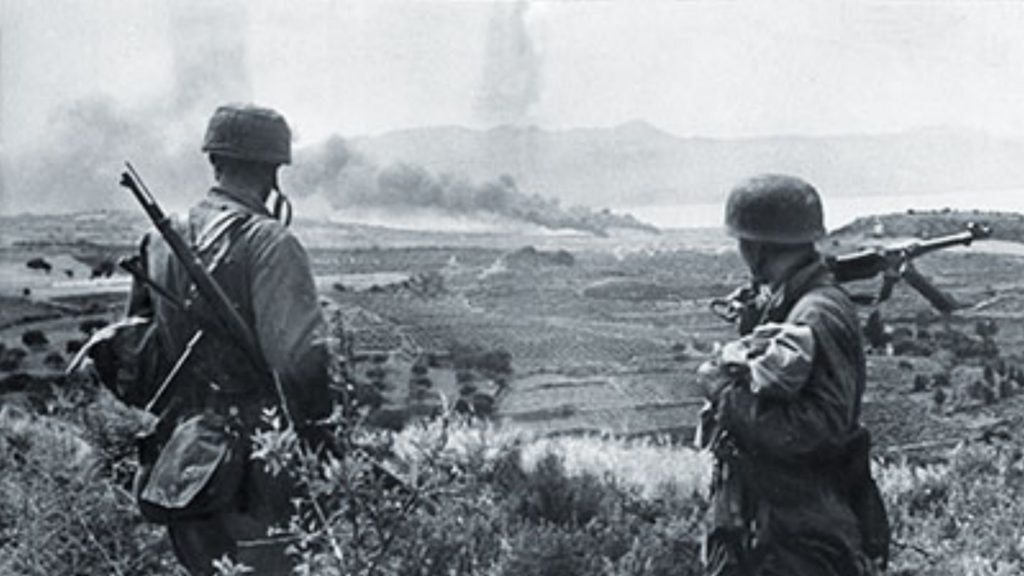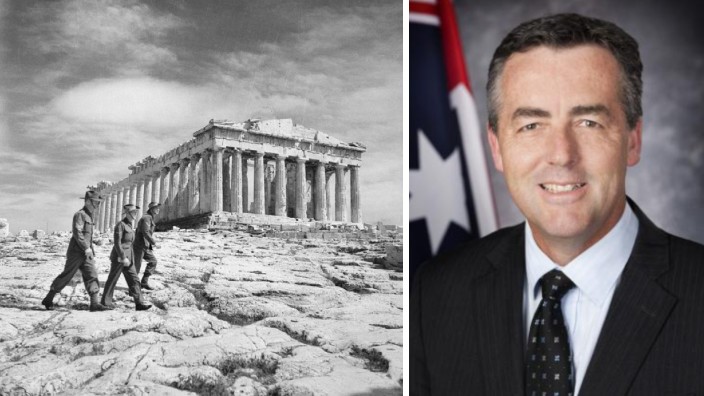Today marks 80 years since German forces invaded Greece along the Greek-Bulgarian border on April 6, 1941. At the same time, German planes bombed Piraeus and the coasts up to Salamis Naval Base, causing human casualties and huge damage. One month later, the Greek island of Crete was also attacked.
To mark the occasion, Australian Minister for Veterans’ Affairs, Darren Chester, has released a statement recognising the strong ties between the Australian and New Zealand Army Corps (ANZAC) and Greece during WWII.
“In 1941, Australian and New Zealand troops, the ANZAC Corps, along with British armoured and artillery units, were sent to assist in the defence of Greece following the collapse of the main Greek defensive line,” Mr Chester said in his statement.

The Australian Minister then went on to give a short summary of events following the German invasion, saying the Allies were “inadequately prepared to resist the German attack” and by April 20, when it became clear that “all they could do was disrupt and slow the German advance,” the Greek Government “agreed for the force to be evacuated.”
“Over the following five nights, more than 50,000 troops were evacuated from Greece. They left behind some 320 Australians who were killed and some 2,065 who became prisoners of war,” Mr Chester continued.
Later in his statement, Mr Chester turns to the Battle of Crete and stressed the bravery of the Allied forces in their efforts towards securing the Greek island.

“In May 1941, an airborne operation codenamed Merkur (Mercury) saw some 9,500 German paratroopers land on Crete. While initially suffering heavy losses, the Germans managed to gain control of one of the airfields allowing further German troops to be flown in,” Mr Chester said.
“Allied evacuations began shortly after, with around 16,500 troops successfully removed from the island. Sadly though, the British Commonwealth losses numbered more than 1,700 killed, over 2,220 wounded, and around 11,370 taken as prisoners of war.
“The service and sacrifice of these brave men will never be forgotten, and we also pay a special thank you to the locals who helped many of our troops survive.”

